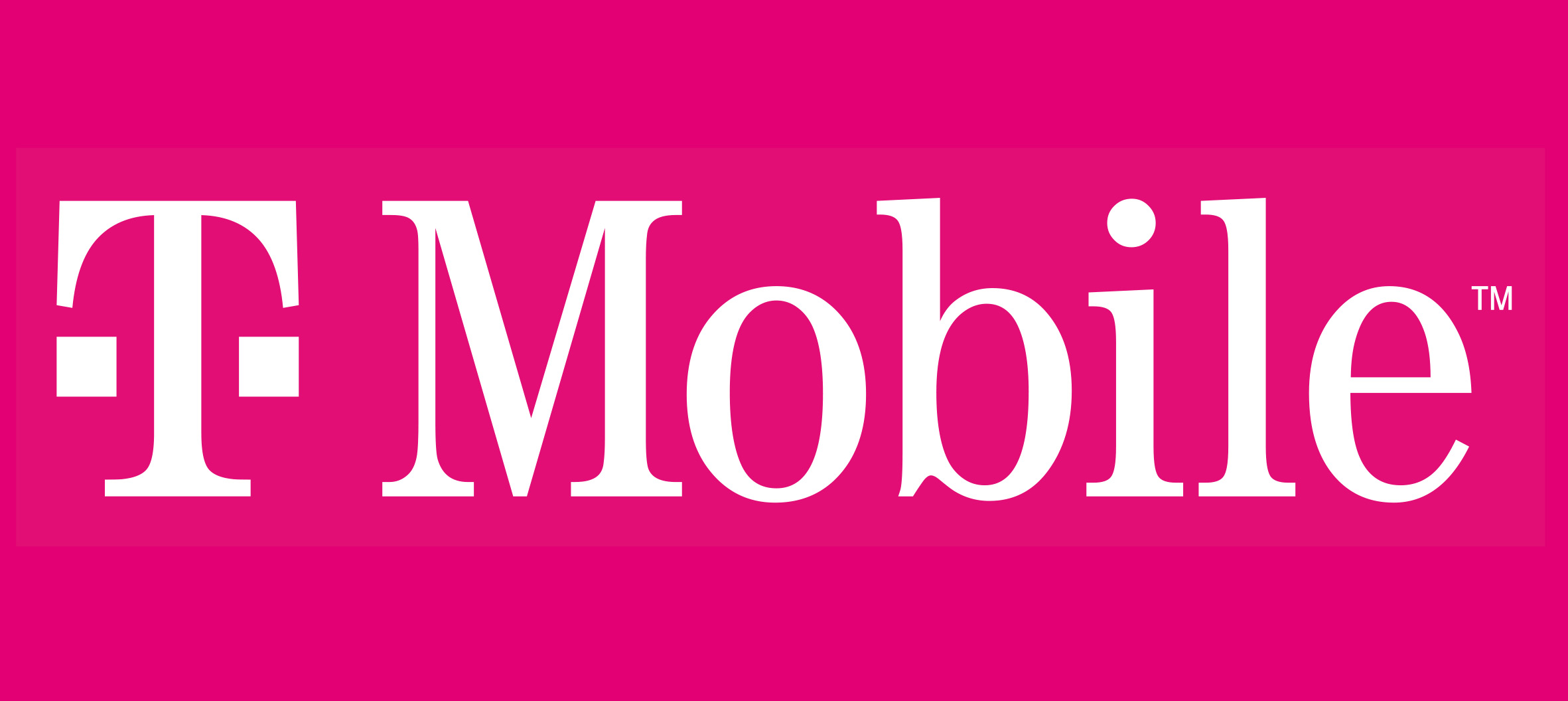Women Making History: 5 Women Who Got Us to 5G
As Women's History Month comes to a close, we look at the work five females have done for a promising future of 5G ahead.
In honor of Women’s History Month, we’re celebrating pioneering women who have led the charge in getting us to our 5G future, and fought for female equality along the way. From early 19th Century advancements in civil engineering to groundbreaking mobile inventions and fearless wireless leadership in the 20th Century and beyond, here are five female innovators who have changed the game in telecommunications — and will continue to for years to come.
Labor Movements and Long-Distance Communications: Sarah Bagley
The First Woman Telegraph Operator
A spectacular example of nascent feminism was seen in the beginnings of phone technology! Long before landlines, telegraphs were our primary method of long-distance communication. In 1847, just two years after the invention of the electric telegraph, the New York and Boston Magnetic Telegraph Company opened its office in Lowell, Mass. and hired Bagley as a telegraph operator. Before long, she was running the Springfield, Mass. office, and became the president of the Lowell Female Labor Reform Associations to fight for equal pay when she learned she only made three-quarters the salary of the man she replaced there. She campaigned to make ten hours of labor per day the maximum in Massachusetts and fought for healthy working conditions and women’s rights. New phone, who dis?
Hall of Famer: Arlene Harris
Mobile and Wireless Inventor, Investor and Policy Advocate
Arlene Harris began her career in the mobile and telecommunications industry at the ripe old age of 12 as a telephone switchboard operator on her way to becoming the first female inductee of the Wireless Hall of Fame in 2007. Harris founded the company Cellular Pay Phone, Inc. in 1986, where she invented the first unique application of cellular services via a patented custom designed cellular phone and management system. Harris later led the development and market introduction of the SOS phone, helped create the first prepaid cellular service and advocated for greater wireless accessibility, especially among less tech-savvy consumers like senior citizens. She also created the Wireless History Foundation to preserve and promote the field’s storied history. The holder of several patents in wireless communications, Harris has had a long career as an inventor, innovator, entrepreneur and mentor, and has helped shape the modern wireless industry.
Bossed Up: Lucy Quist
First Female CEO in the Telecommunications Industry
From starting her career as an electrical and electronic engineer at Ford Motor Company, Lucy Quist would go on to break barriers in the telecommunications world, becoming the industry’s first-ever female CEO. After Ford, Quist held a managerial position at the Royal Bank of Scotland before joining Millicom International Cellular in 2008 as a business development, sales distribution and marketing specialist. At Millicom, Quist also led the company’s wholesale and enterprise business, and went on to become the CEO of Airtel Ghana. In her executive leadership role at Airtel, Quist was an advocate for greater youth STEM participation in Ghana, and co-founded a payment platform in the Democratic Republic of Congo. Quist is widely respected as a leader in African development and the advancement of professional women.
The Policymaker: Meredith Attwell Baker
President and CEO of the CTIA - The Wireless Association
Serving as the president and CEO of the national wireless communication policy and advocacy group CTIA, Meredith Attwell Baker is among those leading the charge in making the U.S. the dominant player in 5G worldwide. Baker, who was appointed to the Department of Commerce under President Bush and the FCC by President Obama, became CTIA president and CEO in 2014, after years of government affairs work on behalf of the organization. As a strong proponent for the advancement of 5G in the U.S., Baker has testified before Congress to push for 5G expansion, advocating for the swift rollout of networks across the country.
The American Dream Is A Phone Call Away: Edwige Robinson
T-Mobile’s SVP of the Central Regional Network Engineering & Operations
Edwige Robinson is the Un-carrier's self-described bridge between “business strategy, innovation and technology execution.” A native of Ivory Coast, West Africa, who came to America in her early twenties before learning to speak English, she says being a woman, an immigrant and black meant she was a “triple minority” laying new ground for those who dreamed of careers in tech but unable to find mentors and supportive allies in such a challenging field. She’s certainly paved the way during her 27-year career, having occupied leadership roles in a field dominated by men, notably in one of the few executive seats available in renowned companies like Verizon Wireless, Time Warner Cable and Comcast NBC Universal. Her expertise in 5G, IoT (Internet of Things) and narrowband-IoT meant to enable a wide range of new devices and services, artificial intelligence as well as machine learning, made her a seamless fit for her latest venture at T-Mobile, where leading the nation in wireless 5G has been a laser focus for the brand. Named by diversity research firm Aleria as one of the “Awesome Black Women Everyone Should Know” and lauded by the global women in STEM organization Million STEM as a visible role model who inspires the next generation of girls, it’s clear Robinson’s impact isn’t all data points and mechanical prowess. Listen below to hear why she believes inclusivity of all women is a key component to a company's success.







